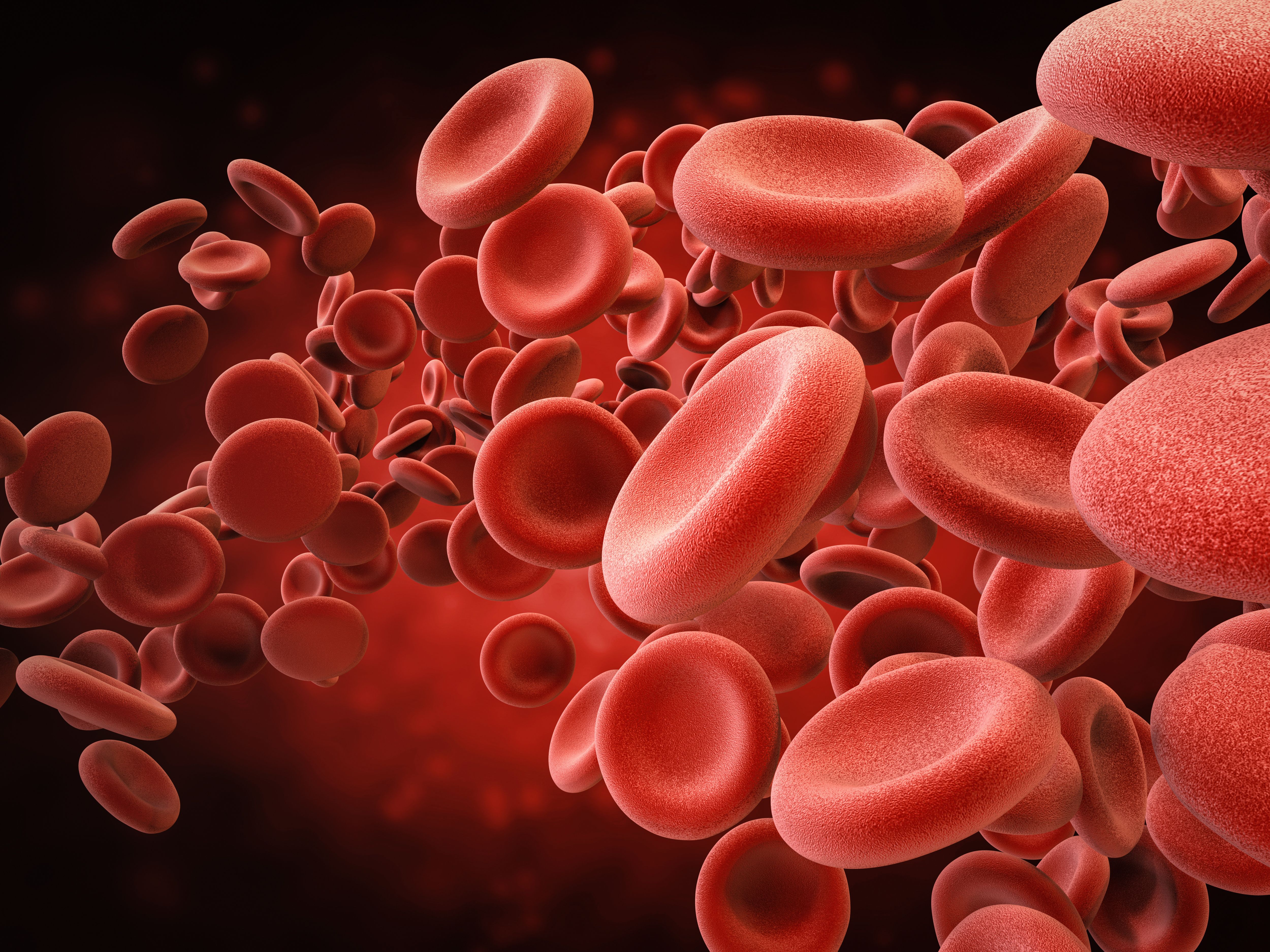Bayer Halts Asundexian AFib Trial, OCEANIC-AF, for Inferior Efficacy
Bayer has announced the IDMC for OCEANIC-AF trial has recommended the trial be discontinued as a result of inferior efficacy.
Credit: Fotolia

Bayer has announced the Independent Data Monitoring Committee for the OCEANIC-AF trial has recommended the trial be stopped due to inferior efficacy of asundexian compared to apixaban in patients with atrial fibrillation at risk for stroke.
Announced by Bayer on November 19, 2023, the move comes less than a month after Bayer announced it would be expanding its phase III OCEANIC program to include a third clinical study—OCEANIC-AFINA. Bayer noted the Independent Data Monitoring Committee recommended the continuation of the OCEANIC-STROKE trial as planned.
“Although the results from this analysis do not support the continuation of the OCEANIC-AF study, we will continue investigating asundexian in the OCEANIC-STROKE study and are currently reevaluating other indications in patients in need of antithrombotic treatment,” said Christian Rommel, PhD, member of the Executive Committee of Bayer AG’s Pharmaceutical Division and Global Head of Research and Development.
OCEANIC-AF is a multicenter, international, randomized, active comparator-controlled, double-blind, double-dummy, parallel-group, 2-arm phase 3 trial comparing asundexian against apixaban, a non-vitamin K antagonist, in people with atrial fibrillation at risk for stroke, with a specific interest in assessing prevention of stroke and systemic embolism. The trial represents 1 of 3 phase 3 trials that comprise the program, with the other 2 being OCEANIC-STROKE and OCEANIC-AFINA, which Bayer announced they were launching less than 2 weeks prior to the announcement relate to OCEANIC-AF.
During the same month that Bayer announced the discontinuation of OCEANIC-AF, the community saw evidence from the phase 2 AZALEA-TIMI 71 trial at AHA 2023, which examined use of abelacimab, a factor XIa inhibitor from Anthos Therapeutics. In the AZALEA-TIMI 71 trial, which compared abelacimab against rivaroxaban for major and clinically relevant non-major bleeding events, results suggested abelacimab 150 mg reduced major bleeding by 74% compared to rivaroxaban and abelacimab 90 mg reduced major bleeding by 81%.
References:
- Bayer. Oceanic-AF study stopped early due to lack of efficacy. Bayer Global. November 19, 2023. Accessed November 20, 2023. https://www.bayer.com/media/en-us/oceanic-af-study-stopped-early-due-to-lack-of-efficacy/.
- Bayer. New asundexian phase III study to include patients with atrial fibrillation ineligible for oral anticoagulant treatment. Business Wire. November 10, 2023. Accessed November 20, 2023. https://www.businesswire.com/news/home/20231110957484/en/New-asundexian-Phase-III-study-to-include-patients-with-atrial-fibrillation-ineligible-for-oral-anticoagulant-treatment.
- Iapoce C. Abelacimab significantly reduces bleeding in people with atrial fibrillation, study finds. HCP Live. November 12, 2023. Accessed November 20, 2023. https://www.hcplive.com/view/abelacimab-significantly-reduces-bleeding-people-atrial-fibrillation.